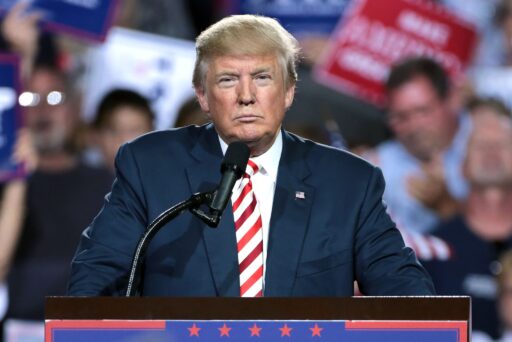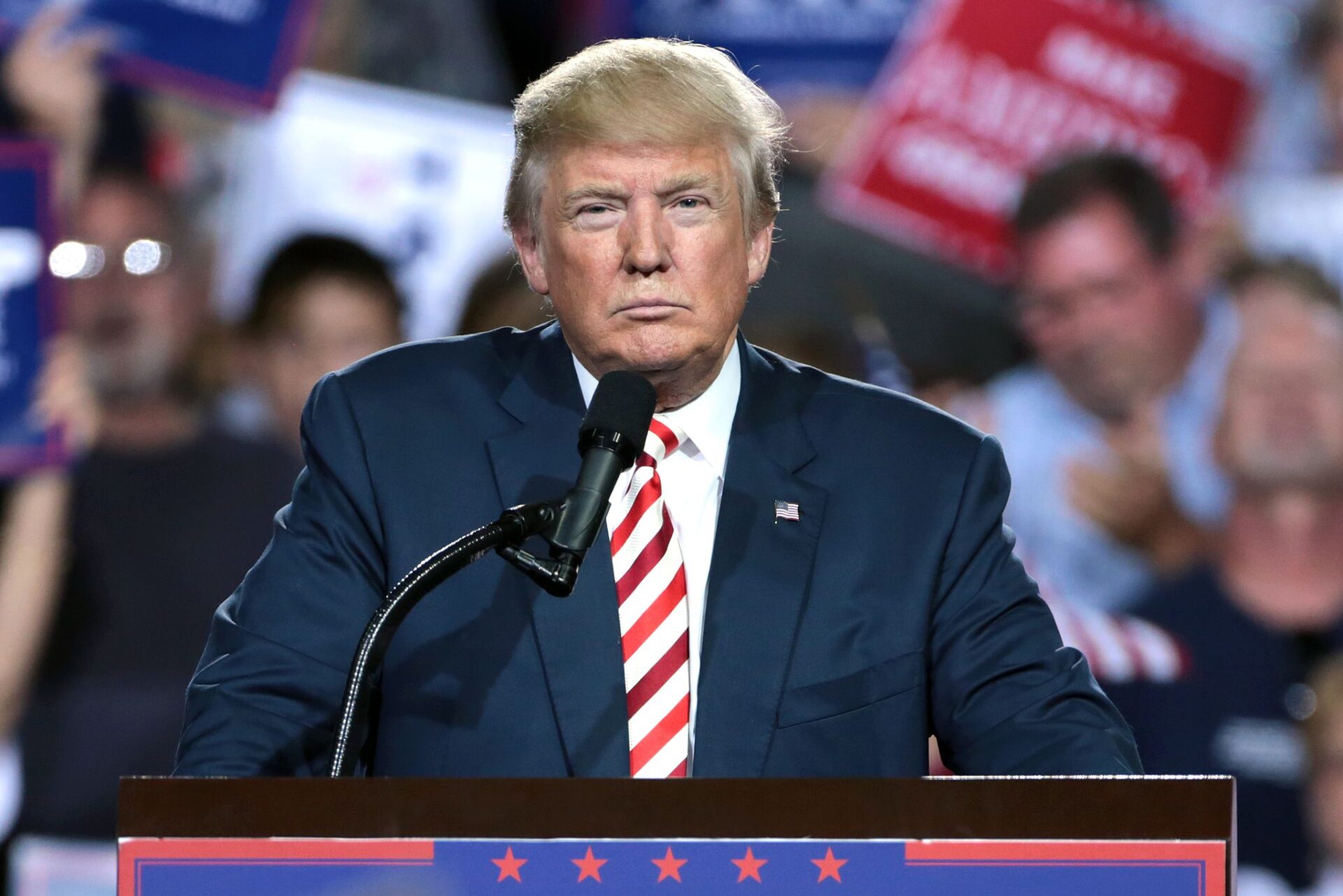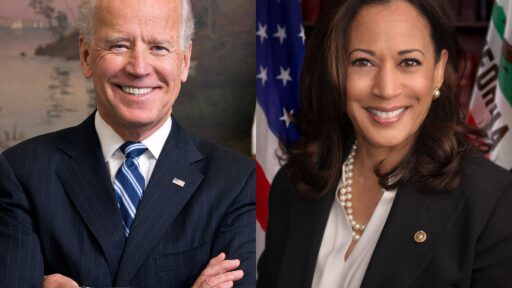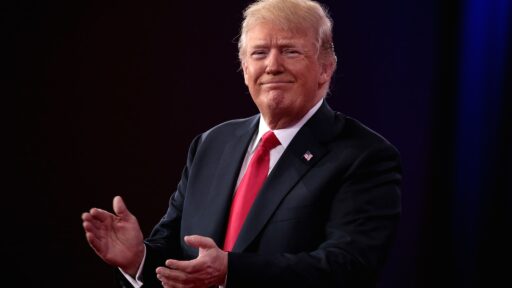Jack Smith Doubles Down On Trump
Special Counsel Jack Smith has urged an appeals court to reinstate the case against former President Donald Trump, criticizing Judge Aileen Cannon for her recent decision to dismiss the case. Smith contends that Cannon was mistaken in her ruling, which found that he had been unlawfully appointed as Special Counsel and challenged the legitimacy of his office’s funding.
The 58-page brief, submitted ahead of the deadline, represents Smith’s formal appeal of Cannon’s July decision. This ruling surprised many legal experts because challenges to the authority of Special Counsel appointments have historically been unsuccessful, particularly since the Supreme Court’s 1974 ruling in the Watergate investigation into President Nixon.
Smith’s filing argues that the Attorney General’s appointment of the Special Counsel was valid and that the funding for the office was appropriately allocated. Smith’s team claims Cannon’s decision strayed from established Supreme Court precedent and misinterpreted the statutes governing Special Counsel appointments. They emphasize that every court that has reviewed the issue has agreed that the Supreme Court’s determination in the Nixon case was essential to validating the Attorney General’s authority to appoint a Special Counsel.
Smith’s team asserts that Cannon’s decision to dismiss the case as being based on “dicta”—a legal term for remarks made in passing rather than as part of the ruling’s core—was flawed. They argue that the Supreme Court’s findings on the appointment of Special Counsels are critical and binding, and that Cannon’s ruling improperly dismissed this established legal precedent.
Additionally, the brief warns of significant consequences if Cannon’s decision is upheld. Smith’s team argues that her ruling could undermine the Justice Department’s operations and question the legitimacy of numerous appointments made throughout the Executive Branch over the years.
In summary, Smith’s appeal underscores the importance of adhering to Supreme Court rulings and the risks posed by dismissing established legal precedents. The brief criticizes Cannon’s conclusions about both the appointment and funding of Special Counsel, asserting that the foundation of her ruling was flawed.







